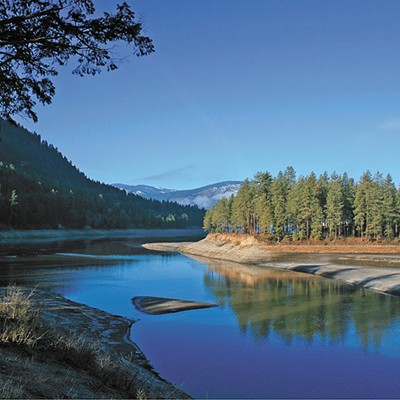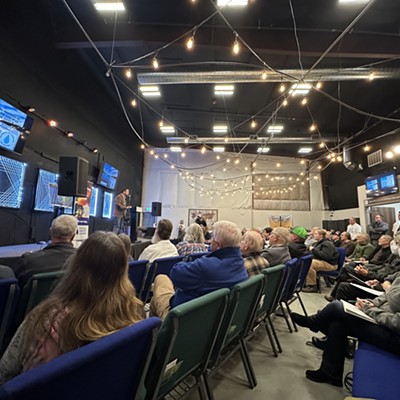The black snake has been defeated, at least partly. Indigenous people around the United States are celebrating with war whoops, song and dancing. What started as a historic gathering of tribal people from all over the country to stop a pipeline being built near the Standing Rock Reservation in North Dakota has become a historic victory for every American.
The Army Corps of Engineers has denied Energy Transfer Partners the final easement for the Dakota Access Pipeline until a full environmental impact statement can be made. So for now, the construction will be halted. For now because when President-elect Donald Trump, an investor in the pipeline, is sworn in, he will most likely do all he can to get the project moving forward.
The water protectors have been gathering for months to prevent the pipeline from crossing the Missouri River. They have been shot at with rubber bullets, tear gas, sound cannons and water cannons in sub-freezing temperatures while protesting peacefully. Members of the Morton County (N.D.) Sheriff's Department have done everything they can to make it seem like the protectors are "violent" and "aggressive," instigating such police action, but their version of the story is eclipsed by the presence of live video feeds and drone footage from the air. There is undeniable proof that the violence was instigated by the police, not the peaceful and prayerful.
It must have been very scary to the Sheriff's Department to face off with elders and youth in prayer and song. It is a demonstration that the power of unity and prayer is so much more threatening to the police state than any violent action. Recall this year's Malheur National Wildlife Refuge standoff at the bird sanctuary in eastern Oregon. Armed protesters threatening violence were patted on the butt and given 24-hour national news coverage for weeks while they destroyed government property and cost the county millions of dollars. There is clearly a disparate treatment of the two protests.
Despite what people think, indigenous people were protesting for a much bigger reason than just one pipeline. These past few months, the water protectors were there to ensure that we all had a chance against the tyranny of profiteering and the almighty dollar. The water protectors literally sacrificed life and limb so that we had a chance to see that our humanity, our prayers and our unity can prevail. This win is a call to action.
It's a call to action to wake up from the slumber of TV and everyday living. To break out of the chains of apathy and see the power that each of us has to make our world a better place. To get involved, locally and nationally, in the things that matter. To unite the power of our humanity to ensure that the next seven generations have an Earth to walk on, water to drink, air to breathe, and a society that is worthy of the name "The United States of America."
So it's not just this pipeline, it's every pipeline. It's America's addiction to fossil fuels, despite the availability of alternative energy sources. It's about corporations winning more often against humans than not. It's about the fact that even today, there are still people in Flint, Michigan, without clean drinking water. It's about outdated infrastructure and the lack of political will to make renewable energy possible for every American.
Without a doubt, Americans owe it to themselves, and to the water protectors, to become educated about pipelines, renewable energy and corporate infiltration into our government. We must join our collective power, just as the tribes did, and change the course of history. For this moment, though, just listen to the indigenous celebration of song, dance and laughter. ♦
Tara Dowd, an enrolled Inupiaq Eskimo, was born into poverty and now owns a diversity consulting business. She is an advocate for systemic equity and sees justice as a force that makes communities better.




















